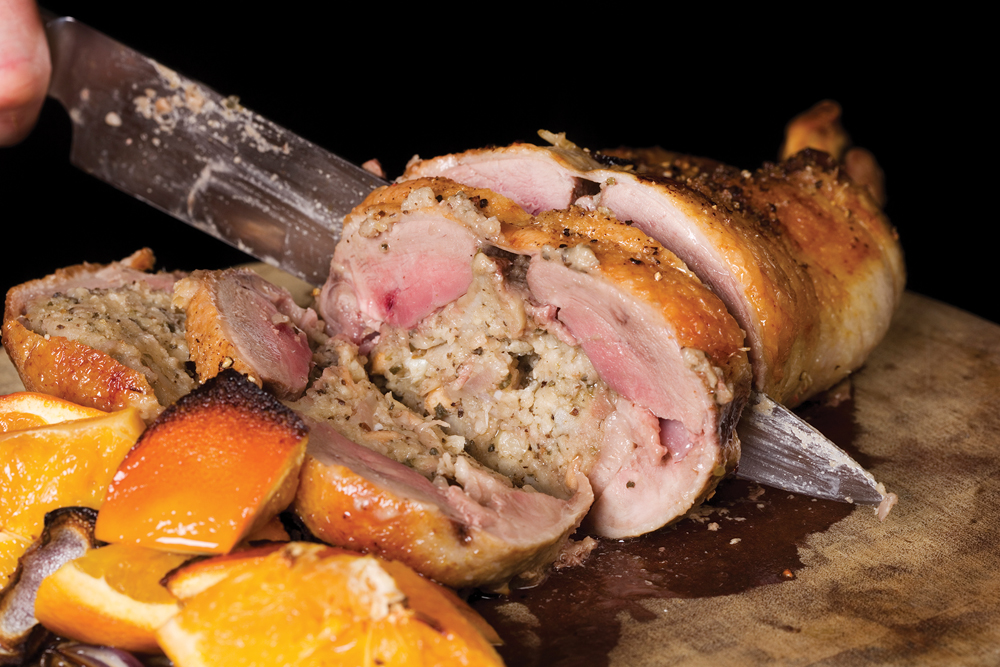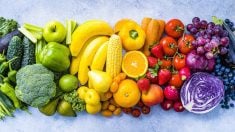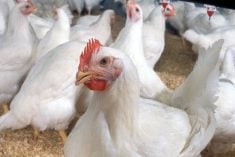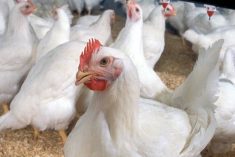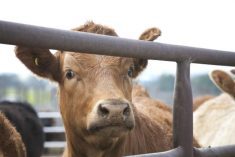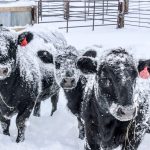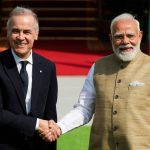Canada has tightened its rules around poultry products from France.
On Sept. 27, the Canadian Food Inspection Agency announced it would temporarily suspend French hatching eggs, live poultry and any raw or frozen poultry products from entering Canada, effective Oct. 1.
The suspension does not cover canned, cooked or heat-treated products.
Read Also

Trade uncertainty, tariffs weigh on Canadian beef sector as market access shifts
Manitoba’s beef cattle producers heard more about the growing uncertainty they face as U.S. tariffs, and shifting trade opportunities, reshape their market.
Why it matters: North America has had several bad avian flu years, with almost 58.8 million birds impacted in the U.S. in 2022-23 and almost 7.7 million in Canada since late 2021.
The move was made to limit the risk of transmitting highly pathogenic avian influenza related to France’s vaccination of domestic farm birds, according to the CFIA.
Earlier this year, the French government laid out a prevention plan meant to avoid a repeat of last year’s avian flu outbreak in which 21 million domestic birds were culled.
“Moreover, endemicity … is now strongly suspected in wild birds in many parts of the country,” reported Anses, the French Agency for Food, Environmental and Occupational Health and Safety. It made the statement in April, when a potential vaccination scheme for fall 2023 was being assessed.
“Health crises caused by avian influenza have been recurring and growing in scale, which means that preventative measures on French poultry farms need to be reinforced,” it said.
Vaccination was later approved for France’s duck sector.
Vaccines will be mandatory for all commercial farms raising Beijing, Barbary or Mulard ducks for meat, with the exception of those on the island of Corsica, the French Ministry of Agriculture and Food Sovereignty said.
Breeding duck farms with hatching eggs or chicks bound for domestic trade can choose whether to vaccinate, according to an outline of the French plan. Breeding farms that export will not vaccinate.
In late August, French Minister of Agriculture and Food Sovereignty Marc Fesneau confirmed that vaccinations would start in early October.
The campaign is “a first in Europe,” a translation from the ministry’s website states.
“Internationally, it makes France the first major poultry exporting country to deploy an innovative system to strengthen the protection of livestock farms. Vaccination complements the prevention measures already in force on metropolitan territory (biosecurity, animal shelter, surveillance, etc.), the proper respect of which remains imperative.”
The CFIA said that France provided it with a copy of the strategy in July.
While the agency noted there is no vaccination in breeding ducks for export, “it is unclear whether meat from vaccinated ducks will be eligible for export to other countries, and how France will identify, trace and control vaccinated breeding stock,” the CFIA said.
“CFIA must evaluate any risks posed by these imports on the Canadian public health, animal health, poultry industry, as well as any secondary trade implications for poultry and poultry products exported from Canada.”
The suspension has been put in place until the CFIA’s evaluation is complete.
The Canadian agency has been in contact with French officials since June.


